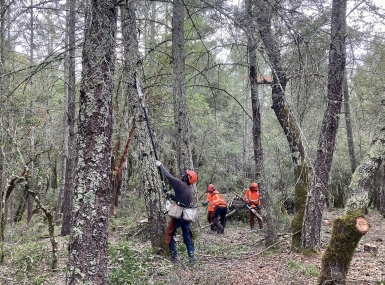U.S. House clears cannabis banking bill

Key Takeaways
On September 25, the U.S. House of Representatives passed the Secure and Fair Enforcement (SAFE) Banking Act of 2019 (H.R. 1595) on a bipartisan vote of 321-103. The bill would shield banks and insurers from federal penalties if they choose to provide services to legitimate cannabis-related businesses.
Across the country, 33 states and the District of Columbia have legalized cannabis for recreational and/or medicinal purposes. This new federal legislation would provide relief to what is currently a predominantly cash-only industry, which makes businesses vulnerable to robberies and other crimes, by providing access to checking accounts, loans and other banking services.
The bill now heads to the Senate, where Senate Banking Committee Chairman Mike Crapo (R-Idaho) has indicated his desire to hold a committee vote before the year’s end on a cannabis banking bill. An exact timeline on the vote remains unclear as lawmakers consider additional provisions to include in the bill.
NACo supports legislation that would ensure greater access to banking for legally sanctioned commercial cannabis activities and will continue to monitor this legislation as it moves through Congress.

Attachments
Related News

County Countdown – April 21, 2025
Every other week, NACo's County Countdown reviews top federal policy advocacy items with an eye towards counties and the intergovernmental partnership. This week features the ARPA reporting deadline, a budget reconciliation update and more

U.S. House reintroduces legislation to address the Medicaid Inmate Exclusion Policy
Two bipartisan bills aimed at addressing the Medicaid Inmate Exclusion Policy (MIEP) were recently reintroduced in the U.S. House of Representatives.

FEMA halts disaster mitigation grant program
On April 4, the Federal Emergency Management Agency (FEMA) announced it will not allocate $750 million this year for the Building Resilient Infrastructure and Communities (BRIC) grant program. According to the press release, FEMA will also stop funding BRIC projects that were previously approved and are still underway.
